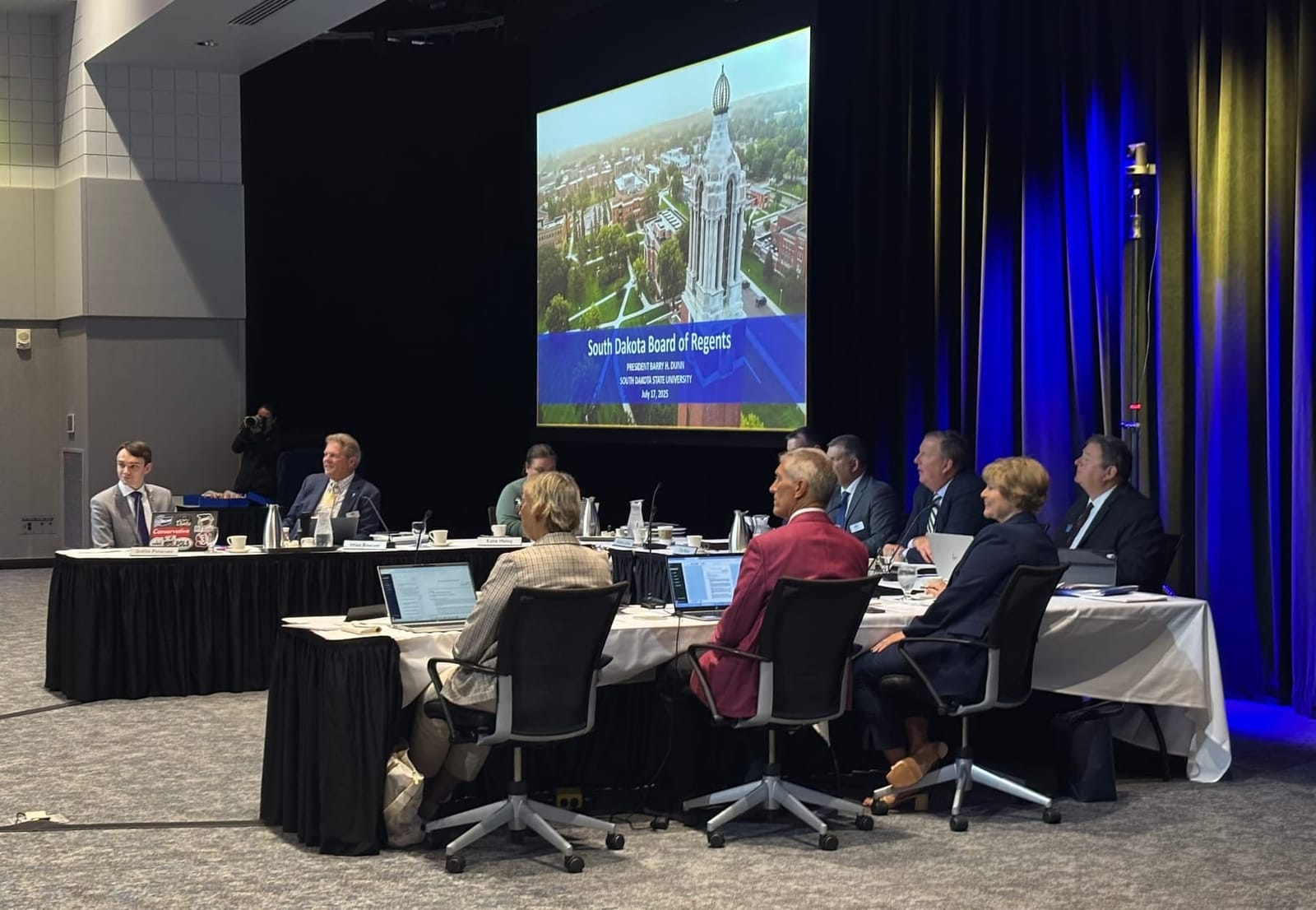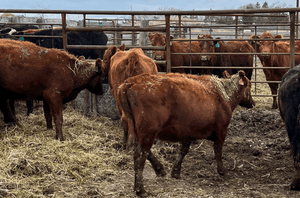BROOKINGS, S.D. – The South Dakota Board of Regents voted 9-0 Thursday to update its policy to comply with a new state law that allows students and others to carry concealed weapons on campus.
The change, which also includes where weapons are not allowed, aligns regental policy with Senate Bill 100 (SB 100), which went into effect July 1. It passed during this year's legislative session and was one of many topics on the agenda at the meeting Wednesday and Thursday at South Dakota State University in Brookings.
"First and foremost, we want to make sure that people are safe on our campuses," said Tim Rave, Board of Regents president. "This is a seismic shift from where we had previously been, and I appreciate your dedication to putting together a policy I think that addresses the law the best when we could with what we were handed."
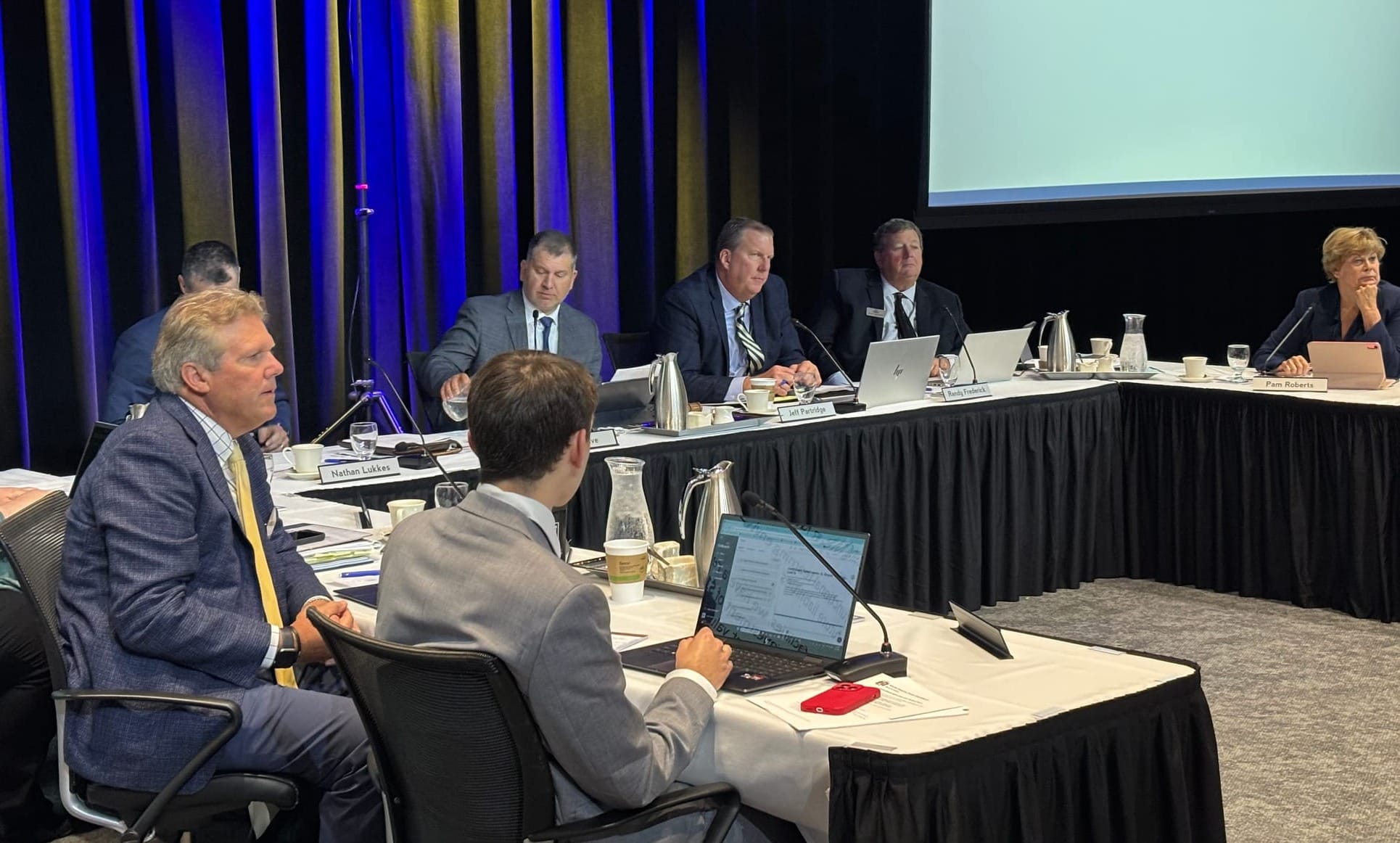
The six public universities the law applies to are Black Hills State University in Spearfish, Dakota State University in Madison, Northern State University in Aberdeen, South Dakota School of Mines and Technology in Rapid City, South Dakota State University in Brookings and the University of South Dakota in Vermillion.
The law also applies to the state's four technical schools: Lake Area Technical College in Watertown, Mitchell Technical College in Mitchell, Southeast Technical College in Sioux Falls and Western Dakota Technical College in Rapid City.
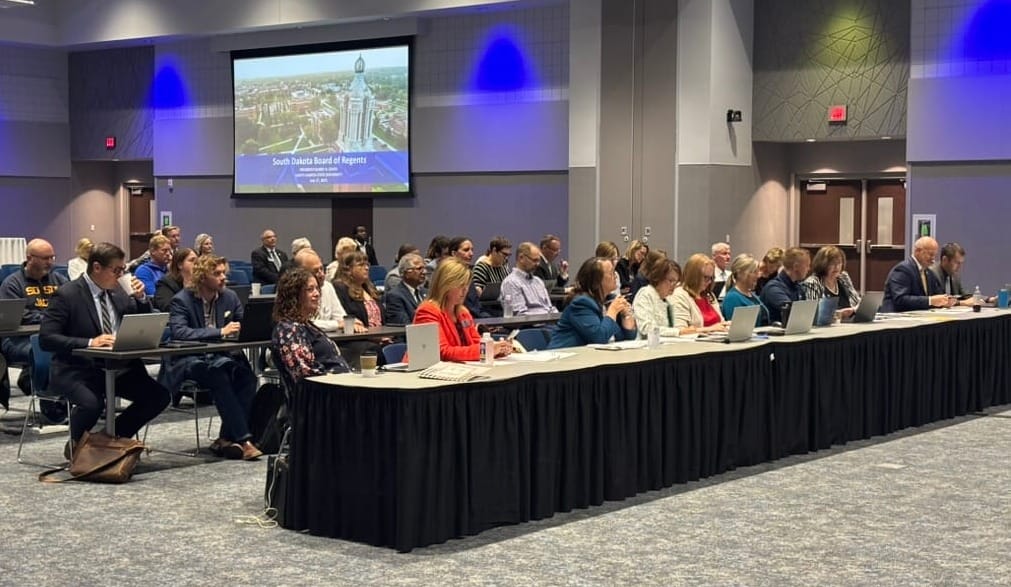
Nick Wendell, executive director of the South Dakota Board of Technical Institution, said the technical schools' boards will approve their own policies in accordance with the law rather than having a systemwide policy.
SB 100 was highly debated in the House and Senate before passing. Those who opposed it cited potential risks to student safety, while supporters cited the Second Amendment and South Dakota's status as a constitutional carry state as reasons to adopt the law.
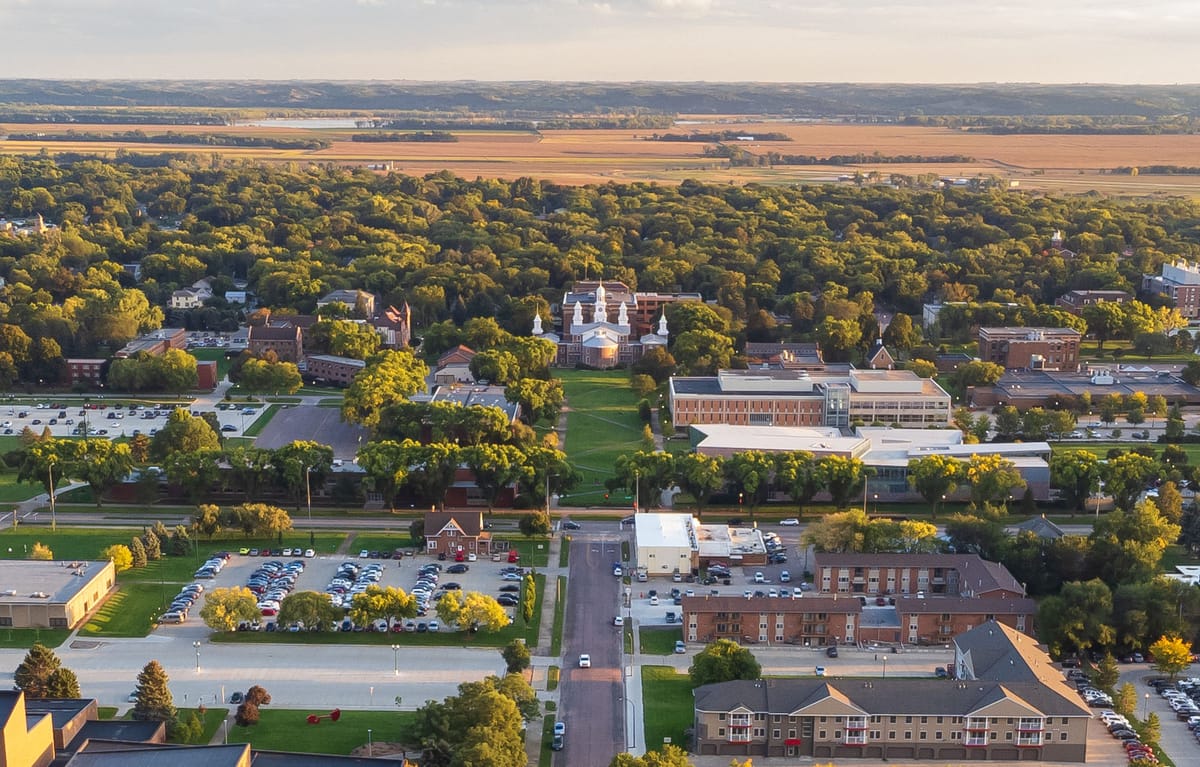
SB 100 allows some of the widest access to concealed weapons on campus as any state law on the issue.
There are certain areas, detailed below, where concealed weapons can be limited on campus. It is now up to schools to determine where those areas are.
Among the specifics adopted
Here are specific guidelines covered in the law and affirmed by the Regents:
- People 18 and over with an enhanced, restricted enhanced or a reciprocal permit issued in accordance with applicable South Dakota law can now carry concealed pistols on BOR premises.
- Individuals may also carry stun guns and mace or pepper spray on BOR property.
- Weapons must be stored in a locked case or safe when not being carried or in possession of the person.
- Institutions will not provide cases or safes in the residences halls.
- It is the weapon owner's responsibility to use an adequate storage facility. Failure to do so could result in discipline up to and including removal from a residence hall or even expulsion.
- Universities can restrict concealed carry in some specific cases on campus, outlined below.
Areas where concealed carry can be restricted
Language in the policy gives schools the ability to restrict concealed carry in some places. Here are those locations:
- Areas of "significant quantities of hazardous materials" with large cylinders containing corrosive, reactive, flammable, toxic or oxidizer gases or of acetylene gas.
- Near magnetic resonance imaging (MRI) equipment or nuclear magnetic resonance equipment.
- In a room used for manufacturing or scientific research, if the concentration of airborne particles is controlled in order to maintain an environment with minimal pollutants.
- In a clearly designated portion of a building or structure to which a facility clearance applies or for which a federal security clearance is required.
- In a building or structure during a special event, provided metal detectors and authorized armed security personnel are present at every public entrance to restrict the possession of any dangerous weapon.
Each institution will keep a registry of all areas it plans to restrict or limit the carrying of weapons, and the list will be updated annually.
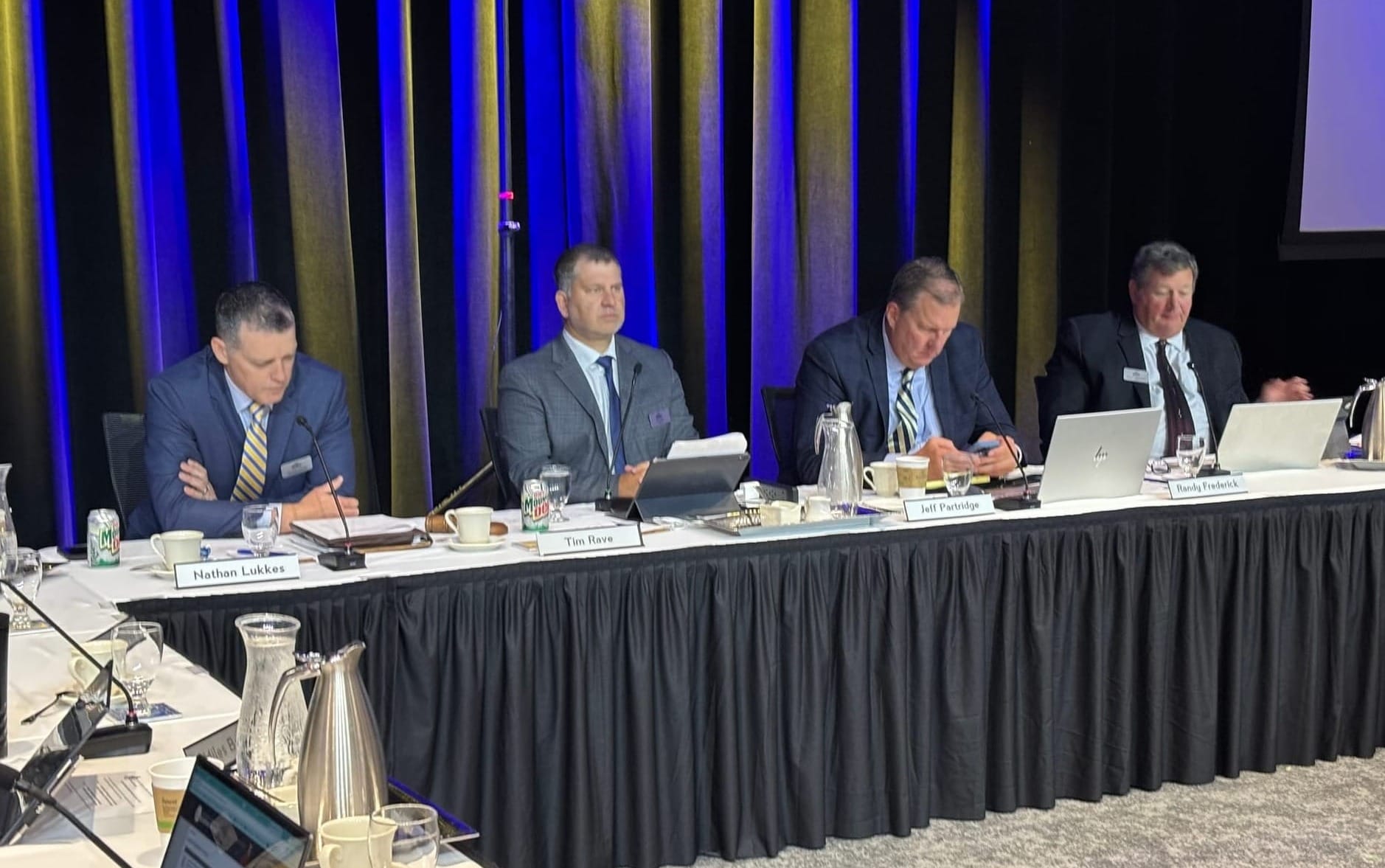
Jeff Partridge, vice president of the Board of Regents, said he thinks having a systemwide, consistent policy is important.
"Very, very important, as we move forward not to have something going on at this university versus that one, and differing of opinion or interpretation," he said. "We're going to try to continue to avoid that, and it's going to be a work in progress."
Join other South Dakotans and support statewide storytelling.
This story was produced by South Dakota News Watch, an independent, nonprofit organization. Read more stories and donate at sdnewswatch.org and sign up for an email to get stories when they're published. Emily DeCock is a student at South Dakota State University in Brookings. She received the 2025 Jeffrey B. Nelson Investigative Journalism Endowed Internship and Chuck Raasch and Sandy Johnson Scholarship from the SDSU Foundation. Contact her at emily.decock@sdnewswatch.org.

